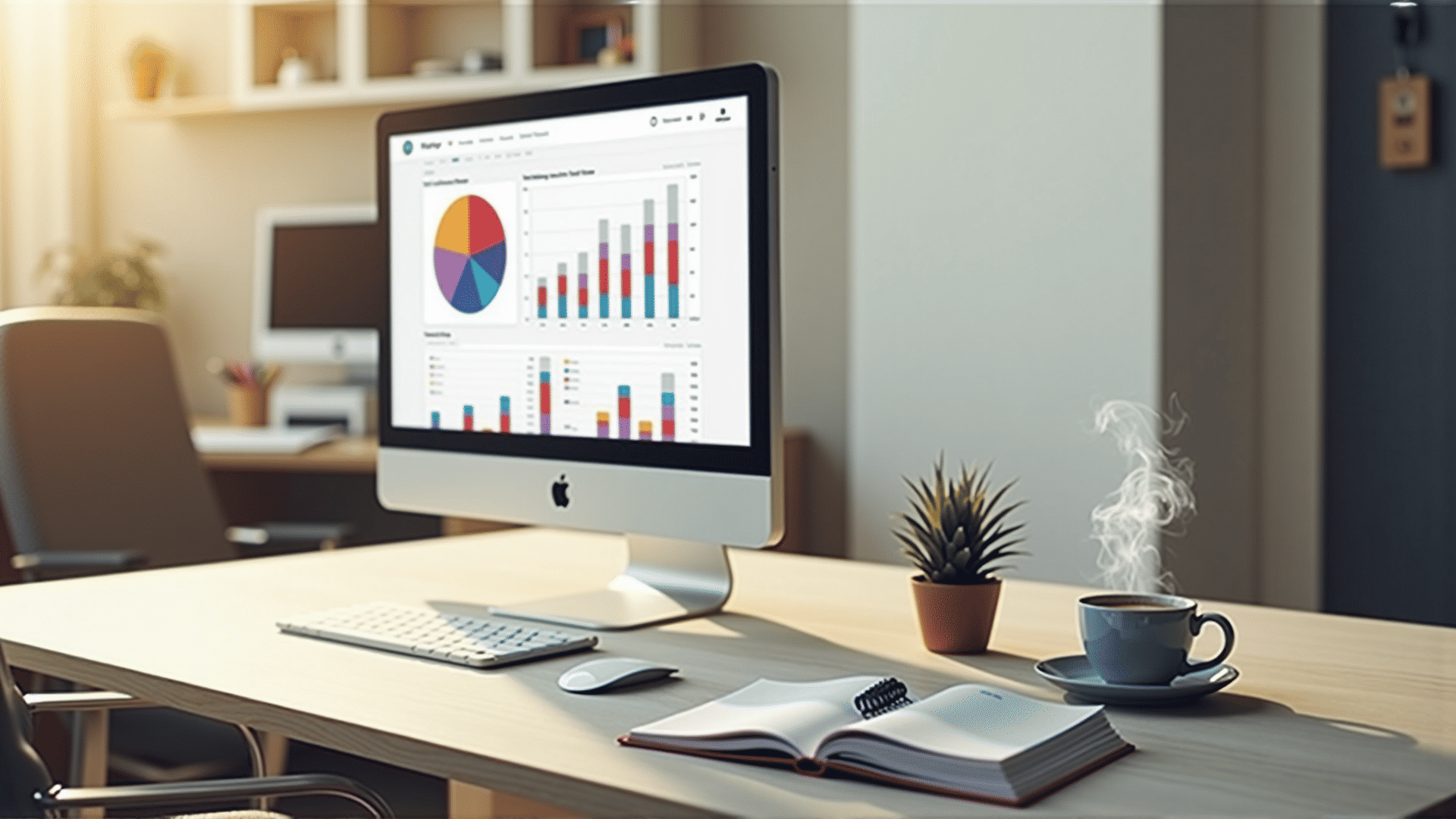In today's fast-paced world, maintaining a healthy financial lifestyle can often feel overwhelming. Between juggling bills, managing savings, and preparing for unforeseen expenses, keeping track of your finances is a daunting task for many. However, with the advent of integrated budget management tools, managing personal or household finances has become more straightforward and efficient.
At the core of integrated budget management is the seamless unification of various financial accounts and data sources into a single platform. This consolidation allows users to track their spending, monitor savings goals, and manage expenses with a level of clarity and convenience that traditional methods simply can't match.
One of the primary benefits of integrated budgeting tools is their ability to provide comprehensive insights into your financial habits. By linking bank accounts, credit cards, loans, and investments, these tools offer a holistic view of your financial status. This consolidation aids in identifying patterns in spending, highlighting areas where you might be overspending, and revealing opportunities for saving that you might have previously overlooked.
Moreover, integrated budget management systems often come equipped with automated categorization features. By analyzing transaction data, these tools can automatically sort your expenses into various categories such as groceries, entertainment, utilities, and more. This automated sorting reduces the manual effort needed to track expenses and provides a clearer picture of where your money is going each month.
Another significant advantage is the ability to set and monitor financial goals. Whether you're saving for a vacation, planning for retirement, or just trying to pay off a credit card, having your financial data in one place makes it easier to set realistic goals and monitor progress. Many tools offer features that allow you to set specific financial targets and track your progress toward them, providing motivational feedback and encouraging better financial habits.
Additionally, integrated budget management tools often offer advanced forecasting features. These predictive models can project future spending patterns based on past behavior, helping users plan their budgets more effectively. By anticipating upcoming expenses, users can make more informed decisions about spending and saving, reducing the risk of financial shortfalls.
Security is a crucial consideration when using any financial tool, and integrated budget management systems prioritize safeguarding users' data. Most platforms employ robust encryption methods and follow strict data privacy standards to protect sensitive information. This security allows users to engage confidently with their financial data without fear of unauthorized access.
Furthermore, the convenience of accessing these tools from virtually anywhere is a significant boon. With most platforms offering mobile and web-based applications, users can check their budgets, log expenses, and adjust goals on the go. This accessibility ensures that users remain connected to their financial health, no matter where they are.
In conclusion, integrated budget management tools represent a significant step forward in financial planning and control. By centralizing various financial data sources, automating routine tasks, and providing insightful analytics, these tools simplify the often complex task of managing personal finances. For anyone looking to bring order and clarity to their financial life, adopting an integrated budget management approach could be the key to achieving their financial goals.
